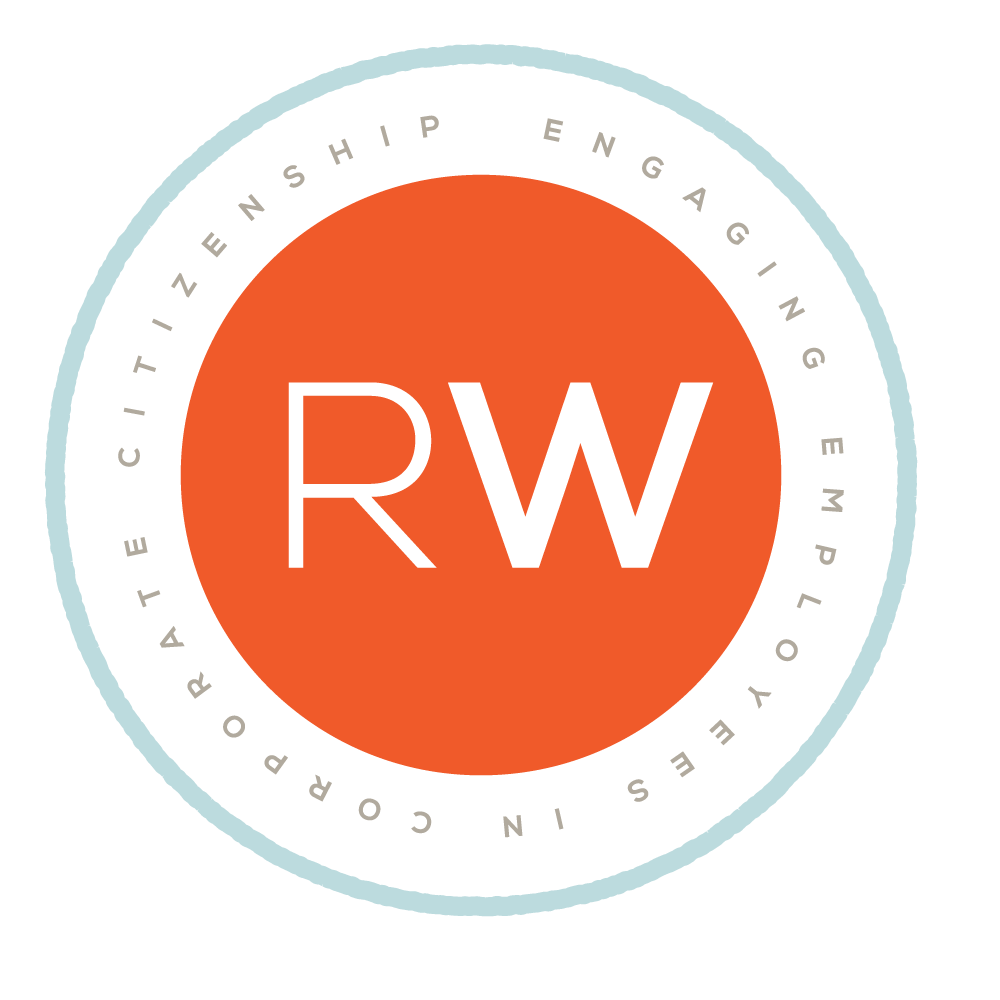The Competitive Advantage Of Collaboration
The Boston College International Corporate Citizenship Conference offers companies an opportunity to discover the competitive advantage of collaboration.
Texas Hold 'em: A Business Strategy?
I like poker. It provides a fascinating insight into the human psyche. It mirrors life with a heavy dose of luck (of the draw), the application of types of IQ (emotional, intellectual, and relational), and nerve. I’m okay at poker and enjoy playing with friends. As a game it’s fun, but as a business methodology, it’s immoral. Poker is a zero-sum game. Someone wins only when someone else loses.
We recently returned from a fantastic conference in Boston held by the Boston College Center for Corporate Citizenship. People from all walks of life gathered together to share best practices and learn how to leverage resources, knowledge, and skills to address some of the most complex and prevalent issues facing our world. The speakers were insightful, the sessions were salient, and the food was ridiculous (I mean in a ridiculously good way).
Competitive Collaboration
This has to be one of the aspects of our work in Corporate Social Responsibility (CSR) that we enjoy the most: collaboration. Competitors often come together to share information and build something greater together, but the businesses represented at the conference were not your typical altruistic tree huggers. They’ve just figured out the business advantage of sustainability: ever increasing markets.
Corporate Social Responsibility offers companies (those enlightened enough to see and act on it) the ability to increase marketshare by competing on growing mutual benefit. It is the antithesis of the zero-sum philosophy of competition.
By continuing to increase the health, education, and opportunities to contribute for people around the world, markets actually rise. When resources are replenished and managed properly, companies continue to have materials and resources to utilize. Every step that’s taken to contribute to the mutual benefit of all, via collaboration, increases the “pot of money” that’s on the table.
So how is this competitive? Simple. Companies that act as takers rather than contributors are increasingly reviled by consumers and stakeholders alike. The toleration for “business as usual” is waning. Even companies that held themselves up as standard-bearers for good CSR, but failed the test of ethics and transparency, are currently paying an unforgiving price. This message is reaching a crescendo all around us, from entertainment to the products we are using.

